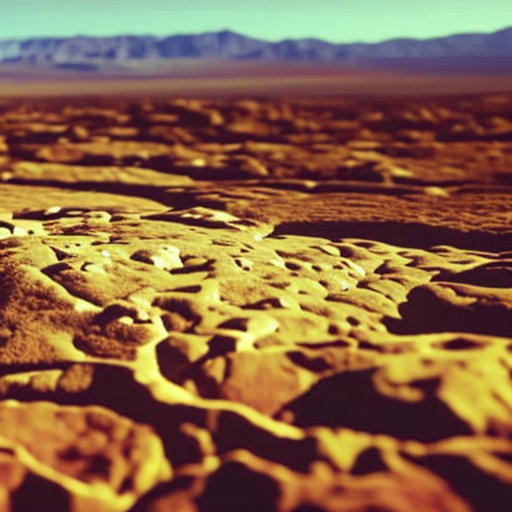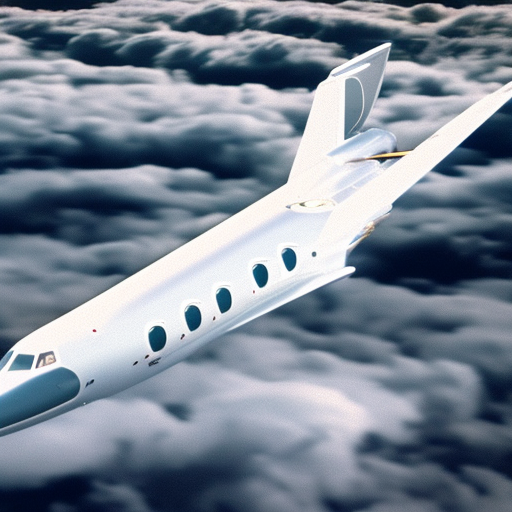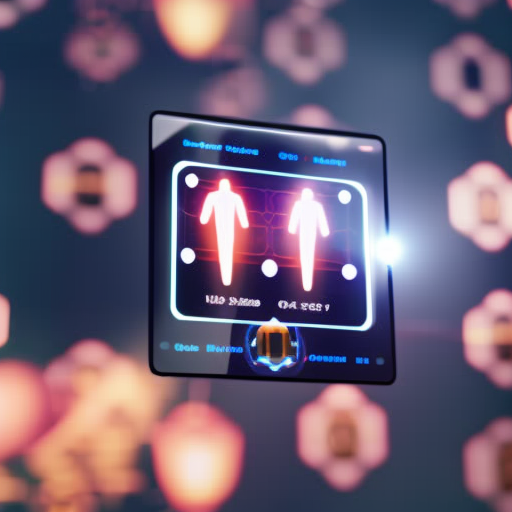Earth’s core studies involve the exploration and understanding of the innermost part of our planet, providing insights into its composition, dynamics, and magnetic field.
Geochronology Explained
Geochronology is the study of determining the age of rocks, minerals, and fossils to understand Earth’s history.
Rock Formations Explained
Rock formations refer to the natural geological structures and patterns created by the processes of erosion, weathering, and deposition over millions of years.
3D Printed Organs Explained
3D printed organs revolutionize healthcare by providing a potential solution to organ shortages and improving transplant success rates.
Telehealth Explained
Telehealth refers to the use of technology to provide remote healthcare services and consultations.
Shared Mobility Explained
Shared mobility refers to the concept of utilizing shared transportation services and resources for efficient and sustainable urban mobility.
Electronic Health Records Explained
Electronic health records are digital versions of patients’ medical history, providing a comprehensive and accessible way to store and share healthcare information.
Robotic-Assisted Surgery Explained
Robotic-assisted surgery is a cutting-edge technology that combines the precision of robots with the expertise of surgeons to enhance surgical procedures.
Jet Propulsion Explained
Jet propulsion is a technology that propels objects forward by expelling high-speed jets of fluid or gas in the opposite direction.
Biometric Tracking Explained
Biometric tracking involves the use of unique physical or behavioral characteristics for identification and monitoring purposes.
Radiology Advancements Explained
Radiology advancements are revolutionizing medical imaging and diagnosis through innovative technologies and techniques.
Remote Patient Monitoring Explained
Remote patient monitoring is the use of technology to track and monitor patients’ health conditions from a distance.



















